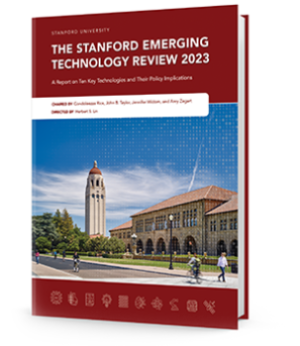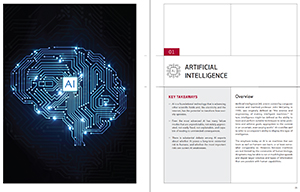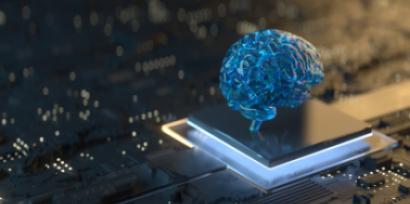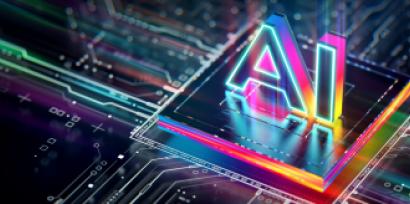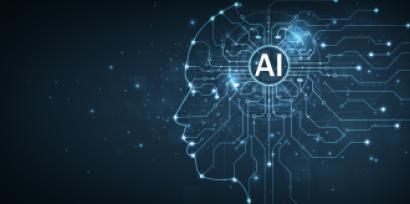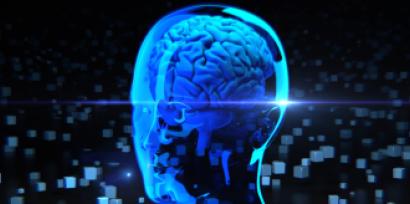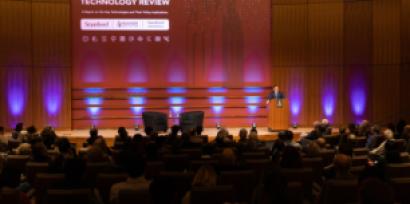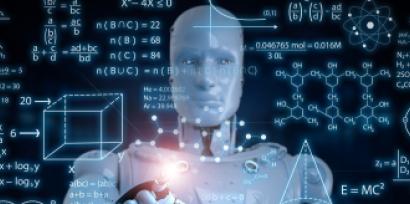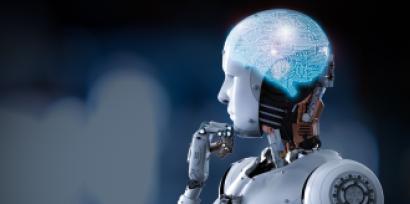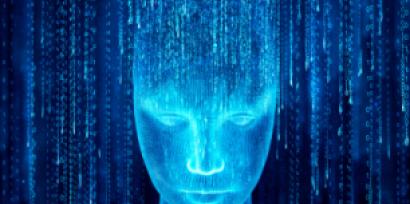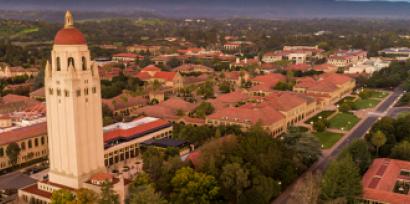Overview
Artificial intelligence (AI) is the ability of computers to perform functions associated with the human brain, including perceiving, reasoning, learning, interacting, problem solving, and exercising creativity. AI promises to be a fundamental enabler of technological advancement and progress in many fields, arguably as important as electricity or the internet.
SUBFIELDS
AI has three core subfields; the boundaries between them are often fluid.
- Computer vision (CV) enables machines to recognize and understand visual information, convert pictures and videos into data, and make decisions based on the results.
- Machine learning (ML) enables computers to perform tasks without explicit instructions, often by generalizing from patterns in data. ML includes deep learning that relies on multilayered artificial neural networks to model and understand complex relationships within data.
- Natural language processing (NLP) equips machines with capabilities to understand, interpret, and produce spoken words and written texts.
INPUTS TO MACHINE LEARNING
Most of today’s AI is based on machine learning (ML), though it draws on other subfields. ML requires data and computing power, often on an enormous scale. Data can take various forms, including text, images, videos, sensor readings, and more. The quality and quantity of data play a crucial role in determining the performance and capabilities of AI models. Without sufficient high-quality data, AI models may generate inaccurate or biased outcomes. Furthermore, the hardware costs of training leading AI models are substantial. For example, reports have estimated that the training of GPT-4, ChatGPT’s more capable cousin, costs at least a few hundred million dollars. Currently, only a select number of large US companies have the resources to build cutting-edge models from scratch.
REGULATION
Research on foundational AI technologies is difficult—if not impossible—to regulate, especially when other nations have strong incentives to carry on regardless of actions taken by US policymakers. The same applies to voluntary restrictions on research by companies concerned about competition. Regulation of specific applications of AI may be more easily implemented, in part because of existing regulatory frameworks in application domains such as health care, finance, and law.










